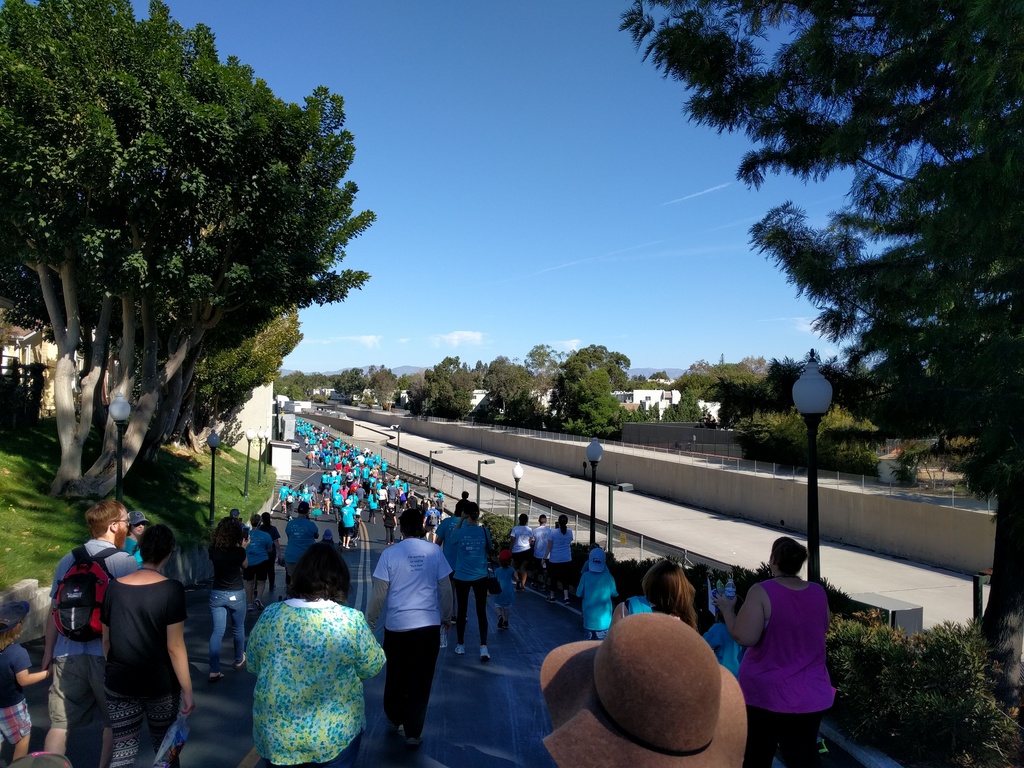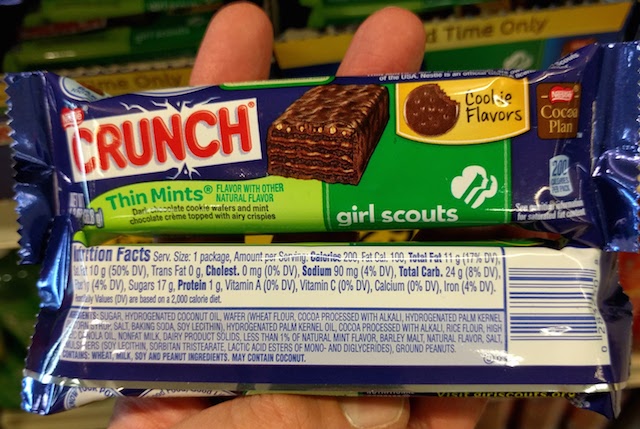On every news story about someone who experienced a severe allergic reaction outside the home, there will be someone who says, “If it’s that dangerous, why would you even risk it? Keep your kid at home and make all their food yourself from scratch all the time!”*
Let’s think about this.
A car could kill your child. Today, tomorrow, years down the line. This is not a hypothetical. This is a fact, and it’s a risk that you live with.
Why on earth would you risk letting your child cross the street? Keep them at home! Don’t let them out of the house in case someone jumps the curb!
That’s…not exactly practical, is it?
You don’t keep your child inside 24/7 to avoid cars. You take them outside, with precautions. You teach them to stay on the sidewalk, cross at corners and crosswalks, and look for cars before crossing. You walk with them until they’re old enough to walk safely on their own.
You rely on drivers to follow the rules of the road…but you still look both ways in case someone’s distracted or feels entitled and plows through a red light anyway.
And then your children can live their lives out in the world instead of being frightened recluses who hide in the basement whenever a car goes by.
You can’t eliminate risk 100%, but you can manage it.
The exact balance is going to be different for each person with an allergy.** But it’s not unreasonable to expect the food industry to follow basic safety procedures to avoid cross-contact — and to not introduce a danger that wasn’t there to begin with.
—
*Even if you have the time to prepare every meal at home, there’s still the risk of mislabeling or cross-contamination in the supply chain. Right now, there’s an ongoing recall of baked goods produced with peanut-contaminated flour. A year ago, supplies of cumin were tainted with peanuts. That impacted everything from prepared foods down to bulk-bin spices. Everyone’s at risk with the massive listeria recall of vegetables, allergies or no.
**Heck, it’s different for each of my allergies, and I’m one person. I’ll cheerfully walk into a coffee shop that serves almond milk and soy milk, but won’t set foot in one of those burger places that plops a bin of peanuts on the table. Even with my Epi-Pen. That’s just playing live-action Frogger.



